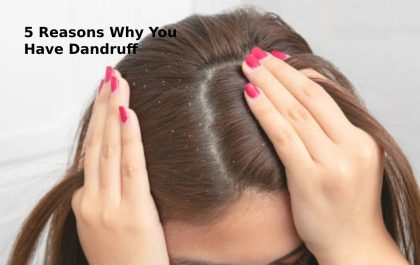Introduction
When the body absorbs calories and uses them, it generates heat, just as the car’s engine heats up when running. The higher the calorie consumption. The greater the thermal Effect.
How is that possible? If calories stimulate the desirability of the glass, the one that contains only 75 should produce a less strong surge of desire than the one that includes 150. However, we are witnessing the opposite. If calories have nothing to do with desirability, why is the 75-calorie drink more desirable than a 0-calorie drink? It doesn’t make sense.
To answer the question, she turns to the body rather than the Brain and wonders how the body metabolizes each drink. To find out, the experience is simple. Participants come to the lab and drink one of its drinks before being “plugged in” to an indirect calorimeter. A device is used to measure the heat produced by the body – the values obtained make it possible to estimate the number of calories burned. This invariable reaction is called the thermal Effect of food.
Calorie Storage, An Obligatory Passage of Evolution
As specialists continue to claim, obesity is due to an overabundance of “foods with strong flavours”: pizza, ice cream, chicken sticks, hamburgers, etc. These products saturated with sweet and salty calories would provide such an intense feeling of happiness that they would “sensitize” the Brain in the same way as addictive drugs.
If only things were that simple! It is accessible to decree that calories are the enemies of humanity, something that has not failed to be repeated for decades. But to discredit these poor calories is to refuse to understand the history of evolution that allowed the existence of our species.
This more caloric diet came with a considerable advantage: it gave us time. Now we spend less on foraging. We saved countless hours of chewing that had become useless. Instead, we devoted ourselves to what would make us more human: designing tools, sharing stories, developing myths and playing. We invented the kitchen that made our rich and edible foods easier to digest.
Calories have made humanity possible. They are the ones who fed our big brains. Our higher-calorie diet has not reinforced a food compulsion; instead, it has freed us from an existing revolving almost exclusively around food. It freed up our time and allowed us to mobilize our brains around more complex tasks. We need calories, but that doesn’t mean we’re programmed to overconsumption, just as our need for oxygen doesn’t push us into constant hyperventilation.
Calories don’t have the same “Meaning” as Before
One needed an essential mental ability to store food: the ability to resist the urge to consume. Native Americans did not spend time gorging themselves on pemmican until the reserves were exhausted. If they feasted after the buffalo hunt, they had learned to keep enough to face the rigours of the following winter. There is an advantage to our evolutionary ability to say, “I’ll eat some later.” If we didn’t have this ability—if we were slaves to our insatiable appetite for calories—the human species would have long since disappeared.
The paradox remains: why did primitive humans know how to resist overconsumption of calories while evolved humans cannot do so? Dana Small’s search finally gives the beginning of an answer.
Since dawn, the body has perceived the food entering the body. Until recently, the information deduced was reliable. It explains the evolution of our ability to taste. No living thing has 40 minutes to digest a meal, so the Brain decides whether or not to continue eating.
It is much more effective to measure it as you ingest food. Being able to “smell” food is so essential that the systems are involved in the perception of taste and flavour. The nose and mouth – require more DNA than any other body part. Tasting food mobilizes more grey matter than any other activity.
Related posts
Featured Posts
5 Reasons Why You Have Dandruff
Introduction Those tiny white glitters seem ever more numerous. So many factors can explain a flare-up of dandruff, from what…
7 Weight Gain Exercise tip for Improving Your Physical Health
Weight Gain Exercise: Weight gain exercises involve working against resistance to stimulate muscle growth and development. They are beneficial for…


